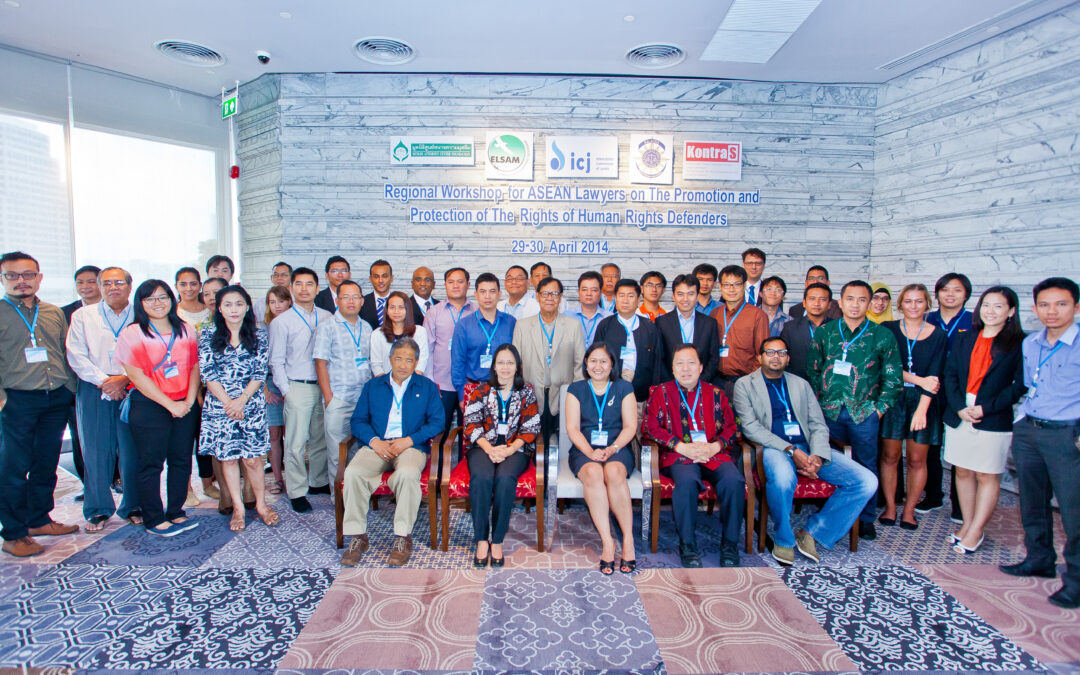
ASEAN lawyers to work towards stronger human rights safeguards
More than 40 delegates from nine countries attended a regional workshop for ASEAN lawyers in Bangkok April 28-30 on the promotion and protection of the rights of human rights defenders.

More than 40 delegates from nine countries attended a regional workshop for ASEAN lawyers in Bangkok April 28-30 on the promotion and protection of the rights of human rights defenders.
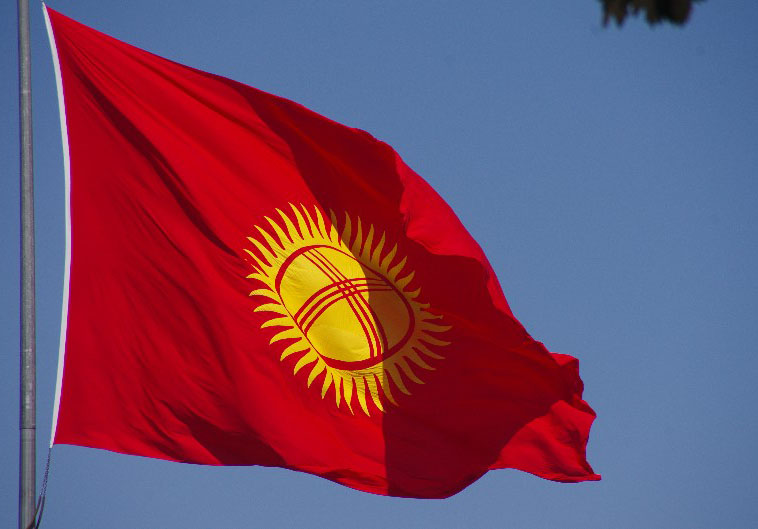
The ICJ today welcomed the decision of Oktyabrskiy Court of Bishkek to reopen the investigation in the case against Azimzhan Askarov.
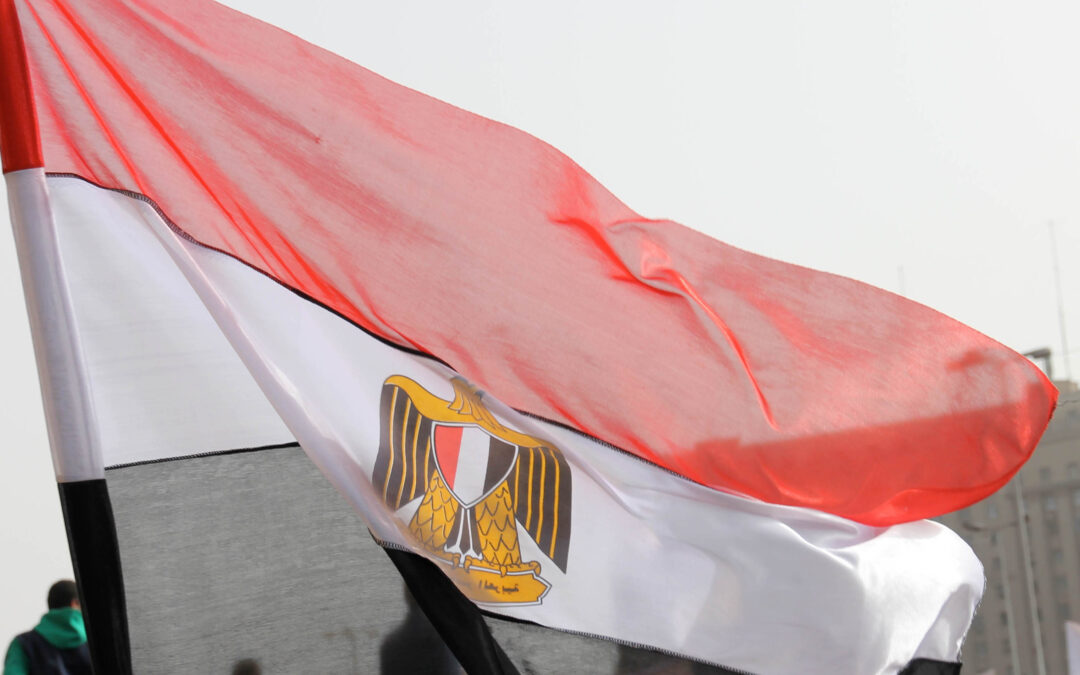
The ICJ strongly condemns two rulings by the Minya Criminal Court issued today. In the first ruling, the court convicted and sentenced to death 683 individuals.
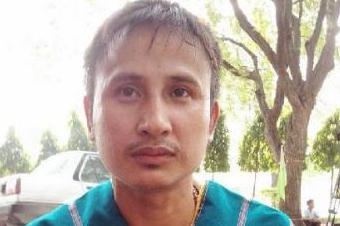
The ICJ and other rights groups today demanded the Royal Thai Government carry out a thorough and impartial investigation into the “disappearance” of Pholachi “Billy” Rakchongcharoen.
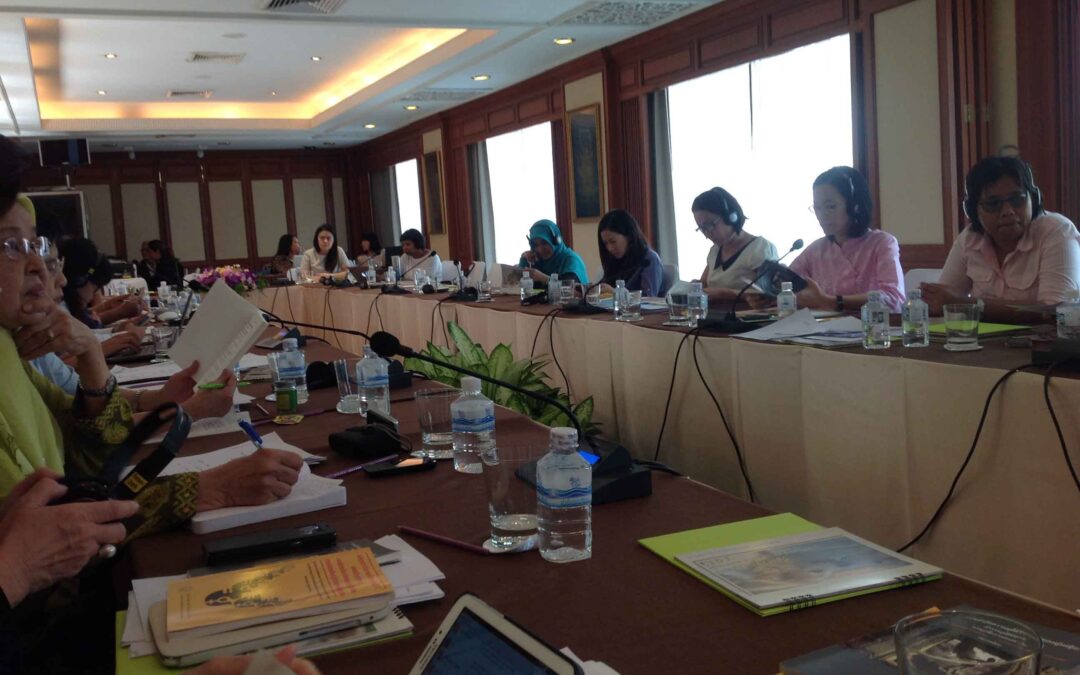
The ICJ recently organized a Legal Seminar for Thai Lawyers and Women Human Rights Defenders on the Optional Protocol to the Convention on the Elimination of all forms of Discrimination Against Women.
On 25 April 2014 Thai lawyers and human rights defenders participated in a legal seminar on using international complaints mechanisms to advance women’s access to justice and human rights protection.
The ICJ seminar enabled global experts to provide local actors with practical guidance and strategic advice on using the Optional Protocol to the Convention on the Elimination of All Forms of Discrimination against Women (CEDAW).
The Protocol, which was ratified by Thailand in 2004, allows women who believe their rights under CEDAW have been violated, to submit a complaint to the UN Committee on the Elimination of Discrimination against Women and seek the Committee’s deliberation and views on the matter.
The legal seminar was part of ongoing ICJ work to empower women lawyers and human rights defenders and advance women’s access to justice in Thailand.
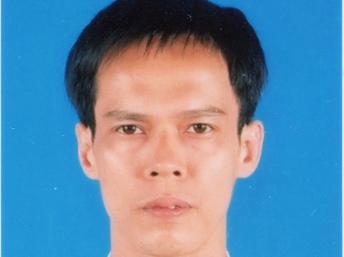
The ICJ today called on the government of Viet Nam to immediately return human rights defender Pham Chi Dung’s passport so he can travel to the United States to testify before Congress later this month.